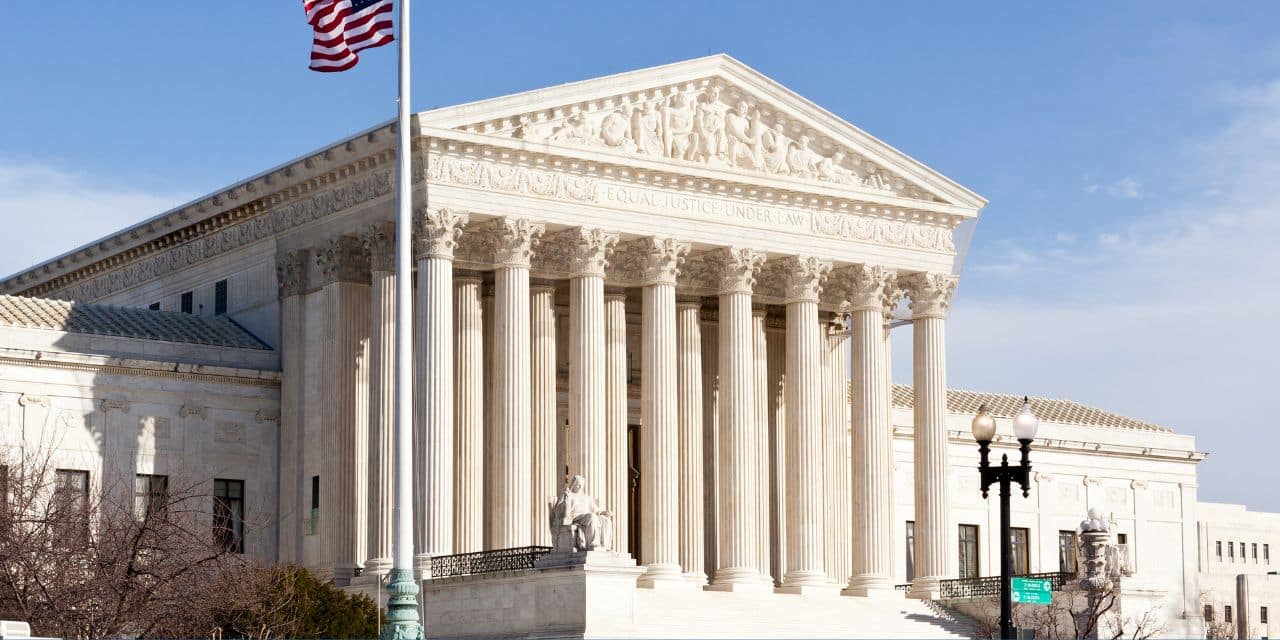
The U.S. Supreme Court ruled that federal civilian employees who serve in the military during a national emergency are entitled to extra pay—even if their service isn’t directly tied to the emergency. The decision broadens protections for reservists and impacts thousands of federal workers across the country.
Reservist wins case for back pay
The case centered on Nick Feliciano, a federal air traffic controller and Coast Guard reservist. He served on active duty between 2012 and 2017. Although his orders didn’t mention a specific emergency, he sought “differential pay” to make up for the gap between his military and federal salaries.
Government lawyers rejected his request. They claimed his orders didn’t qualify because they weren’t linked to a declared emergency. The Court disagreed.
Court sides with broader definition of emergency pay
In a 5-4 decision, Justice Neil Gorsuch wrote the majority opinion. He said reservists qualify for differential pay if they serve while a national emergency is in effect. The Court emphasized that the law only requires the service to happen during an emergency—not because of it.
“An ordinary American might assume that serving during a national emergency is enough. And they’d be right,” Gorsuch wrote.
This interpretation focuses on timing, not the mission itself. It expands eligibility for reservists who receive general orders during emergencies like wars or national disasters.
Who the ruling helps
Thousands of federal employees also serve in the National Guard or Reserves. Many are called up under general authority and not assigned to specific emergency missions.
Before this ruling, the government could deny them extra pay if their orders weren’t tied to a named emergency. Now, as long as they serve during a declared emergency, they will qualify for differential pay.
Dissent warns of broader impact
Justice Clarence Thomas dissented, joined by Justices Alito, Kagan, and Jackson. He argued the ruling might stretch emergency laws too far. Thomas warned it could create confusion about when federal benefits and military authority apply.
He expressed concern that the decision might affect other programs linked to emergency declarations.
Bottom line: The Supreme Court has expanded differential pay protections for federal reservists. If they serve during a national emergency—regardless of their mission—they now qualify for added compensation. The ruling brings major changes for military and federal workers alike.

